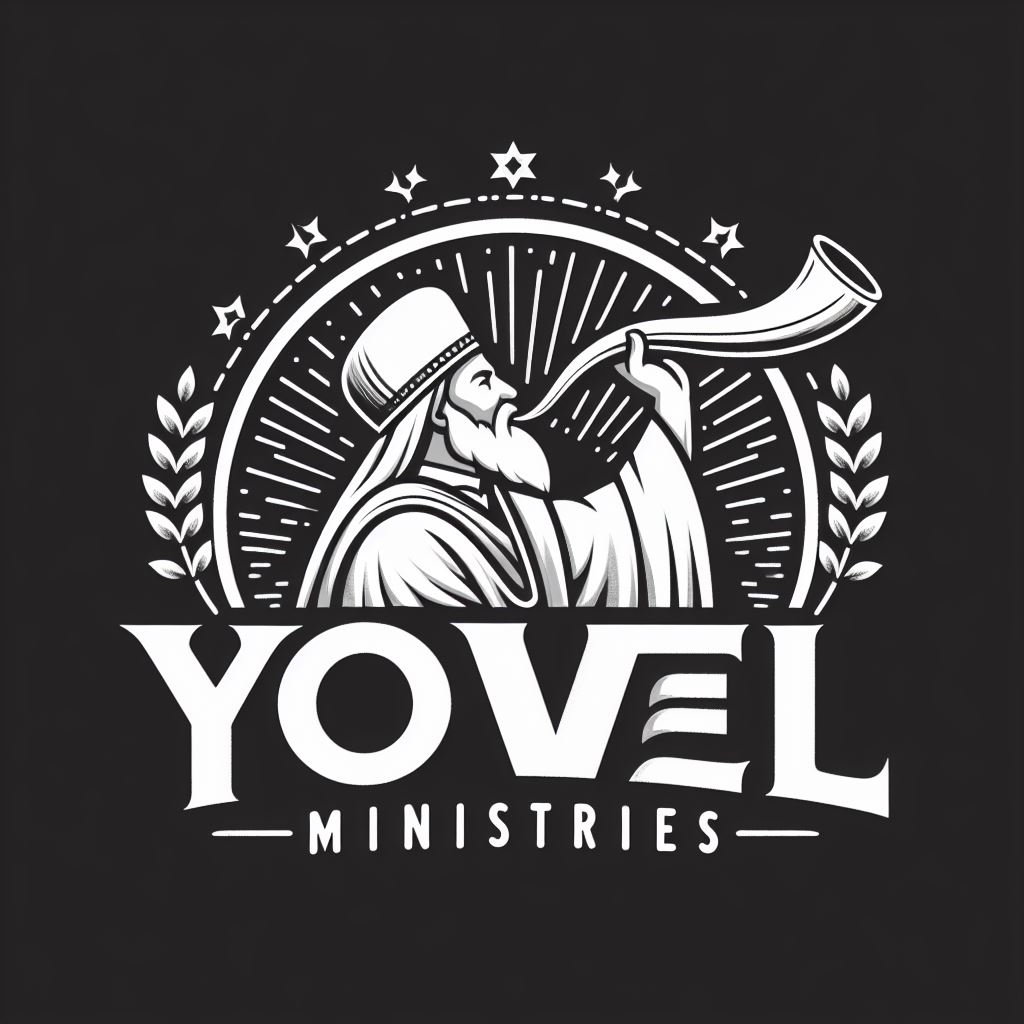What did Paul mean when he used the term “A Shadow of things to come”?
Apostle Paul writing to the believers in Colossae wrote:
Colossians 2:16-17 So don’t let anyone pass judgment on you in connection with eating and drinking, or in regard to a Jewish festival or Rosh-Hodesh or Shabbat. These are a shadow of things that are coming, but the body is of the Messiah. (CJB)
This has caused confusion among many Pastors and the Bible teachers. Was Paul rejecting the Jewish Festivals and the Shabbat, which he kept all through his lifetime, in his statement? The Gentile teachers are very quick to bring the conclusion forward as they write and teach. But I do not think that is what Apostle Paul implied here at all.
God told Moses:
Exodus 25:8-9 “They are to make me a sanctuary, so that I may live among them. You are to make it according to everything I show you — the design of the tabernacle and the design of its furnishings. This is how you are to make it. (CJB)
So God showed Moses the Heavenly sanctuary so that Moses could build the same things upon the earth. When the Lord was instructing Moses during Moses’ 40-day sojourn to the top of Mount Sinai, God told him to make the Tabernacle “according to the pattern I show you”. Now, it may not be of the same dimensions but nevertheless, the prototype and its proportion are similar to what Moses saw in the Heavenly places.
The writer of the Book of Hebrews quoted the above event and said:
Hebrews 8:5 But what they are serving is only a copy and shadow of the heavenly original; for when Moshe was about to erect the Tent, God warned him, “See to it that you make everything according to the pattern you were shown on the mountain.” (CJB)
Now exactly what kind of “pattern” are we talking about here? What really happened, and this is mind-blowing, is that the Lord was giving Moses a tour of God’s heavenly dwelling place! The Hebrew word for “tabernacle” or “dwelling place”. That word is MISHKAN. The tabernacle built on earth to the finest detail was to be patterned after God’s spiritual tabernacle in the heavens.
The principle of as in heaven, so on earth is used here. The Tabernacle (and later the sacrificial system) points to a Biblical principle that can easily get confused in our minds. And that principle is this: By nature, the physical is inferior to the spiritual. Heaven is limitless in terms of time and space while earth has its limitations! What exists or is possible in the heavens or the spirit world is far above or superior to what exists and is possible in the physical world. The Tabernacle and all its rituals were real and they were God-ordained. But compared to the real, original tabernacle that Moses beheld in the heavens, the earthly tabernacle was of course just an inferior copy. When comparing earthly things to heavenly things, the Bible will often use the word “shadows”.
So here we are in the Book of Colossians Paul used the phrase “it was a SHADOW of things to come” in reference to the Tabernacle, the prophecies, and the Mosaic Law. What did he mean? This just means that COMPARED to the spiritual original, a physical copy pales in comparison. Paul did not mean it is the shadow that depicts the originals is done away with. It does not mean it no longer holds any relevance for our lives, nor does it mean that it should be thrown in the trash. On the other hand, the very fact that these teachings are a reflection of God’s Mind and the truth as it exists in the heavens should be more than enough motivational fuel to spur us on to obedience.
I also want to bring attention to the word “but” used in the following sentence, “… these are a shadow of things that are coming, but the body is of the Messiah…”. The Greek word is ‘de’, is a conjunction that has many meanings. It could mean, “but”, “moreover”, “yet” or “and” etc. Conjunctions are words that join together other words or groups of words. The purpose of the conjunction was not to negate the previous statement in any way at all. If that was the case Paul would not have observed them all the days of his life. You read that in the Book of Acts oftentimes. If that was a concept Yeshua would not have observed them. And if that is the case the Book of Revelation will not talk about the Festivals and the Shabbat. On the other hand, Paul is encouraging believers to observe them. These are a shadow of things that are coming, meaning the good things that will happen when Yeshua returns; or, alternatively, “These are a shadow of things which were yet to come,” meaning the good things that happened when Yeshua came the first time but were still in the future when these observances and the festivals were commanded.
On a separate note, most English versions (the New International Version is a welcome exception) deprecate the Jewish holidays by gratuitously adding the word “only” (or an equivalent): “These are only a shadow of things to come.” But Paul values Jewish practices; he himself observed them all his life. If one is going to add to the inspired text, the word to add is “definitely” or “indeed”: “These are definitely a shadow of things to come.” The festivals do indeed have value; since God commanded the Jewish people to observe them, they remind Jews of God and of what he has done. They are one of God’s ways of bringing the Jewish people closer to Himself. We must value them because it is of the Messiah.
